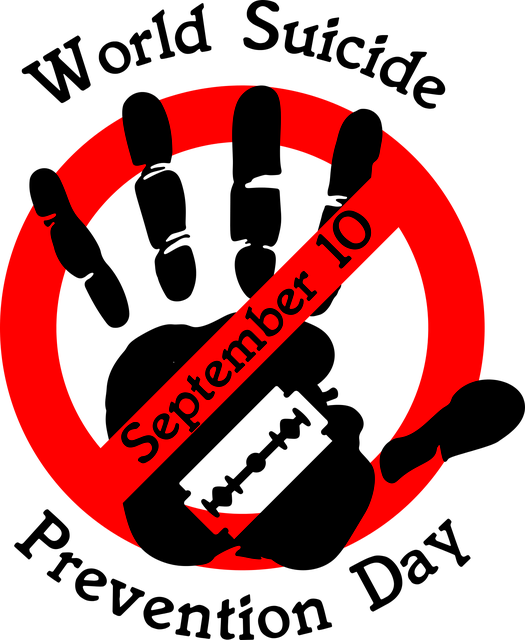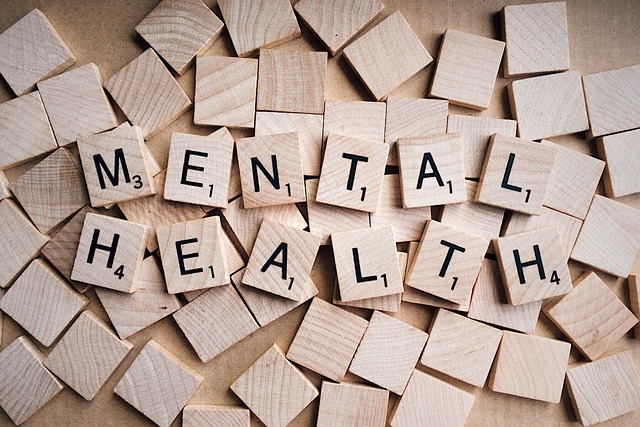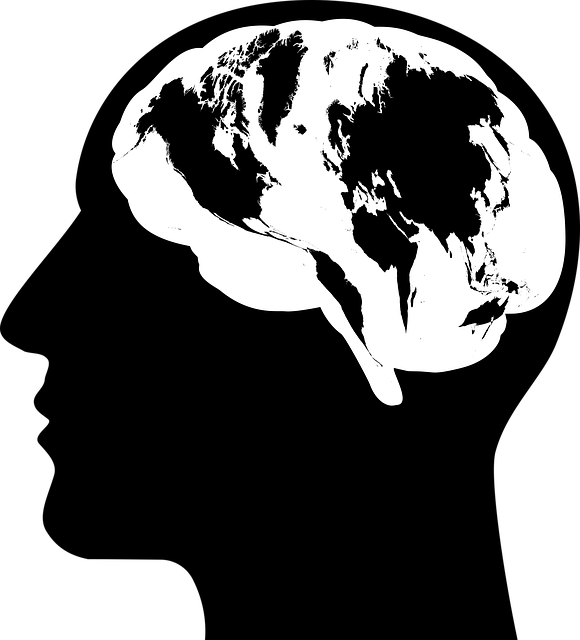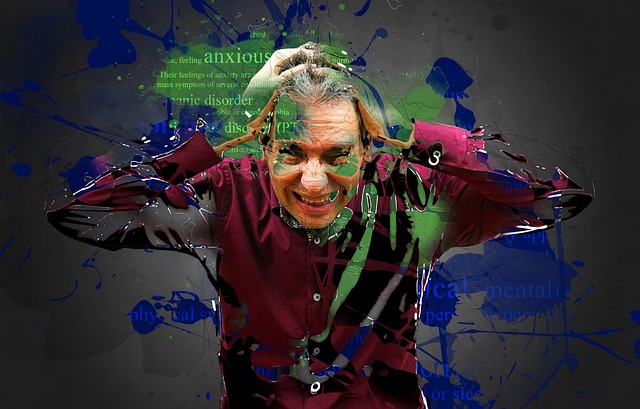Centennial Geriatrics Therapy prioritizes comprehensive risk management for holistic mental health care. By identifying psychological, environmental, and systemic risks, they empower practitioners with tools like the Mental Wellness Podcast Series and journaling exercises to develop adaptive strategies. This approach focuses on prevention, building resilience, and providing anxiety relief for both staff and patients, ensuring tailored care through continuous professional development and evidence-based practices. Regular updates ensure their risk management plans remain dynamic and effective in addressing evolving mental health challenges.
In the dynamic field of mental health care, risk management is an indispensable aspect for professionals aiming to deliver safe and effective services. This article explores a structured approach to risk planning, focusing on the unique challenges faced by organizations like Centennial Geriatrics Therapy. We delve into understanding various risks, identifying potential hazards, and developing robust strategies. By implementing these practices, mental health professionals can enhance patient safety, maintain ethical standards, and ensure the resilience of their practice.
- Understanding Risk in Mental Health Practice
- Identifying Potential Hazards at Centennial Geriatrics Therapy
- Developing Effective Risk Management Strategies
- Implementing and Reviewing the Risk Management Plan
Understanding Risk in Mental Health Practice

In mental health practice, understanding risk is paramount for practitioners like those at Centennial Geriatrics Therapy. Risk isn’t merely about potential harm; it encompasses a complex web of factors that can impact client outcomes. This includes psychological vulnerabilities, environmental stressors, and even systemic barriers that can exacerbate existing conditions. By acknowledging these risks, professionals can proactively develop strategies to mitigate negative outcomes.
The dynamic nature of mental health requires continuous assessment and adaptation in risk management planning. For instance, the production of a Mental Wellness Podcast Series or engaging in Mental Wellness Journaling Exercises can serve as tools to both identify and address emerging risks. Effective risk management involves a balanced approach that considers not just preventing crises but also fostering resilience and promoting anxiety relief for clients.
Identifying Potential Hazards at Centennial Geriatrics Therapy

At Centennial Geriatrics Therapy, identifying potential hazards is a comprehensive process that involves assessing various aspects of the work environment and patient interactions. Mental health professionals face unique challenges, from managing high-stress situations to maintaining boundaries between personal and professional lives. One significant hazard is burnout, which can stem from heavy caseloads, long working hours, and emotional demands. Effective risk management starts with recognizing these stressors and implementing strategies for their mitigation.
Promoting a healthy work environment includes encouraging professionals to prioritize Self-Care Routine Development for Better Mental Health. This involves fostering Positive Thinking through mindfulness practices, regular exercise, and adequate sleep. Additionally, Centennial Geriatrics Therapy can facilitate the production of a Mental Wellness Podcast Series that offers insights into managing stress, cultivating resilience, and enhancing overall mental wellness. These proactive measures are crucial in creating a resilient and supportive atmosphere for both staff and patients.
Developing Effective Risk Management Strategies

Developing effective risk management strategies is a cornerstone for mental health professionals, particularly those at Centennial Geriatrics Therapy, aiming to provide quality care while mitigating potential risks. These strategies should encompass a multifaceted approach tailored to address the unique challenges posed by various mental illnesses and their associated stigma reduction efforts. By integrating evidence-based practices and continuous professional development, therapists can enhance their ability to recognize and respond to client risks promptly and effectively.
Mental wellness journaling exercises guidance, for instance, can serve as a powerful tool within this framework. Encourage clients to document their thoughts, feelings, and progress can not only foster self-awareness but also provide therapists with valuable insights into emerging issues or potential triggers. This proactive approach allows for early intervention, enabling professionals to adapt treatment plans accordingly and ultimately support improved mental wellness outcomes.
Implementing and Reviewing the Risk Management Plan

Implementing a robust risk management plan is only the first step for mental health professionals at Centennial Geriatrics Therapy. Regular review and updates are crucial to ensure its effectiveness in dynamic healthcare environments. This process involves assessing emerging trends, new research findings, and changes in clinical practices. By keeping the plan alive, therapists can adapt to evolving client needs, especially regarding issues like depression prevention and crisis intervention guidance.
Through systematic reviews, professionals identify areas where confidence-boosting strategies might be required, ensuring the plan remains relevant and up-to-date. This proactive approach not only minimizes risks but also fosters a culture of continuous improvement, allowing for better patient outcomes and enhanced service delivery at Centennial Geriatrics Therapy.
Mental health professionals, such as those at Centennial Geriatrics Therapy, must prioritize risk management planning to ensure safe and effective care. By understanding risk in practice, identifying potential hazards, developing robust strategies, and regularly reviewing plans, therapists can mitigate challenges and create a secure environment for both patients and staff. This proactive approach not only protects against unforeseen events but also enhances the overall quality of care provided at Centennial Geriatrics Therapy.














